Accounting Skills Stand Out on Wall Street
Joseph Overman, MPA ’21, on how his degree makes all the difference in equity research
When Joseph Overman graduated from the Master in Professional Accounting (MPA) program in 2021, he took what is a tried and true path for many MPA grads: a role working in tax at one of the Big Four accounting firms. Three years later, he’s pivoted into a research analyst position on Wall Street.
Overman’s jobs since graduation illustrate the wide variety of career paths for MPA grads. Some students find that their second — or third — job out of graduate school looks very different from their first. While a first job might be as an associate at a Big Four firm, a second one could be as a VP of operations and a third as a CFO. The common thread is how accounting knowledge is useful and even foundational in a variety of interesting roles and careers.
Overman talks about the highlights of his time in UT’s accounting program, his first postgraduation job, and how and why he transitioned into a research analyst role.
Q: Tell us about your first job out of school. What was it like?
A: When I was a student at UT, I assumed I would follow the traditional path, join a Big Four firm, and work in either audit or tax. I didn’t know equity research was a career path — it wasn’t on my radar.
My first job was with Deloitte Tax in Dallas. The work was very specialized. I worked at the intersection of tax and financial accounting — preparing tax provisions for public company clients, helping companies prepare their financial statements. I was there for a little more than a year and enjoyed my time there and work.
Q: How did equity research get onto your radar as a possible career path for someone with an accounting background?
A: I had a recruiter reach out to me on LinkedIn about a role at Credit Suisse in New York. I was excited about moving there and the switch to an entirely new field. Other people on Wall Street often have a finance or economics background but don’t have the accounting piece. The company recognizes accounting is a good foundation for equity research. It’s definitely relevant to my job, and having that strong accounting background has been a good point of differentiation.
Q: What’s your new role like? What are your responsibilities, and how is the work different from what you did in your first job?
A: At Credit Suisse, all research analysts are assigned to a sector. I’m on the health care team covering health insurance companies, hospitals, and other publicly traded health care providers. We model out their financials and provide written research reports that investors use when making investment decisions. So, a lot of our work is in financial models, essentially looking at their financial statements — which is accounting. It’s about understanding past trends to see what may happen in the future. In this role, I also get a lot more exposure to how the rest of a company is run as opposed to only focusing on the taxes.
Q: Career-wise, where do you see yourself going from here?
A: I’m on the side that produces the research — the so-called sell side. Some people in this type of role end up staying on the sell side and eventually become bank analysts who run their own sector. Other people go over to the buy side. That’s the family offices, hedge funds, mutual funds, and other investors that use the research to help make investment decisions. On both sides, it’s a lot of the same skills and work. I’m not sure what I’ll do, but there’s always the option to go to the buy side.
Q: What lessons from UT’s MPA program have stuck with you?
A: “Financial Statement Analysis” with Professor Badolato was one of my favorite classes in the MPA program, and most of my job now is essentially the same type of work we did in that class. Each class period, we evaluated companies in specific industries, often those in the news and topical. We read through their financial statements and had really great group discussions. It’s kind of cool to find a job that matches up with what I most enjoyed in school.
Q: What would you say to a prospective UT MPA program student?
A: One of the great things about UT’s accounting program is that there are so many different jobs that people end up in, a lot more career opportunities than someone unfamiliar with accounting might at first think. People in the business world who don’t have an accounting background really value those of us who have this deep understanding of how financial statements work.
Q: Any final words of wisdom for current students?
A: For me, taking and passing the CPA exam has been very beneficial. You may think that if you’re going into a role that’s “accounting adjacent,” the studying and earning the designation won’t be worth it. But employers in fields outside of accounting value that you’re able to pass those exams, that you have that knowledge. It differentiates you.

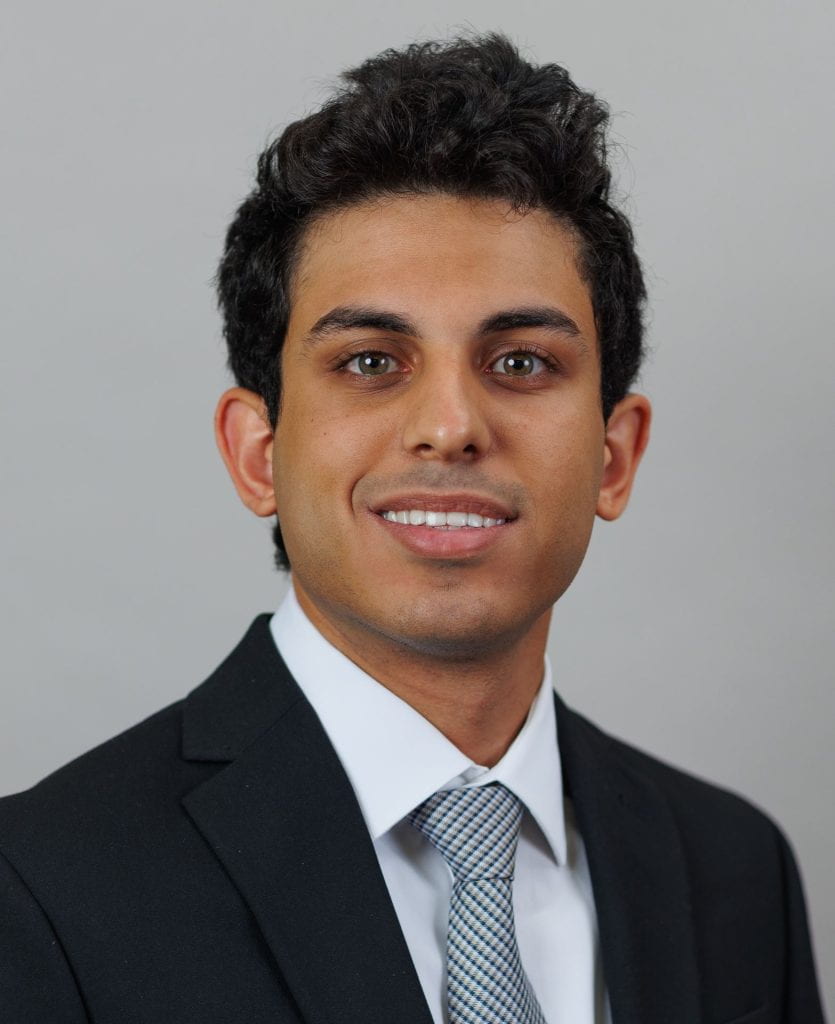
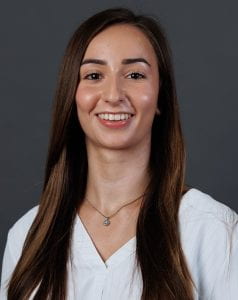
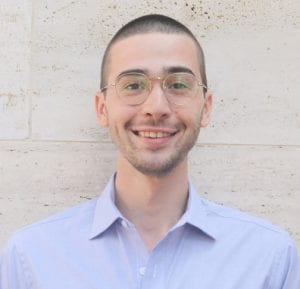
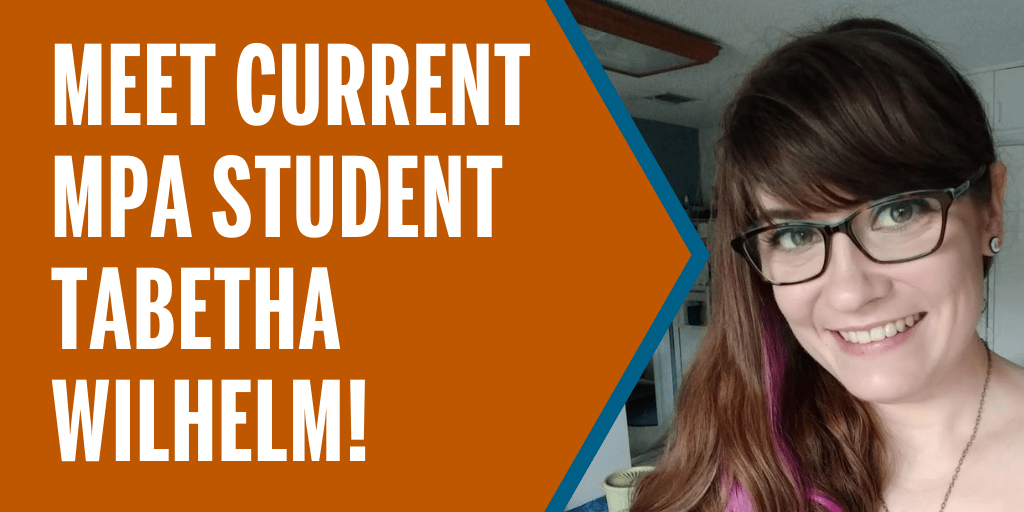
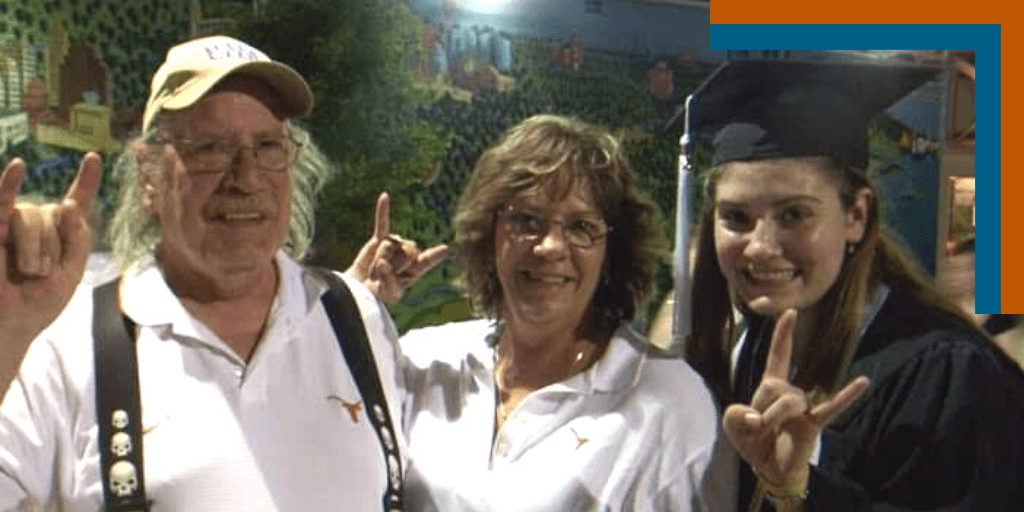
 TELL US MORE ABOUT YOUR CAREER AT GE.
TELL US MORE ABOUT YOUR CAREER AT GE.